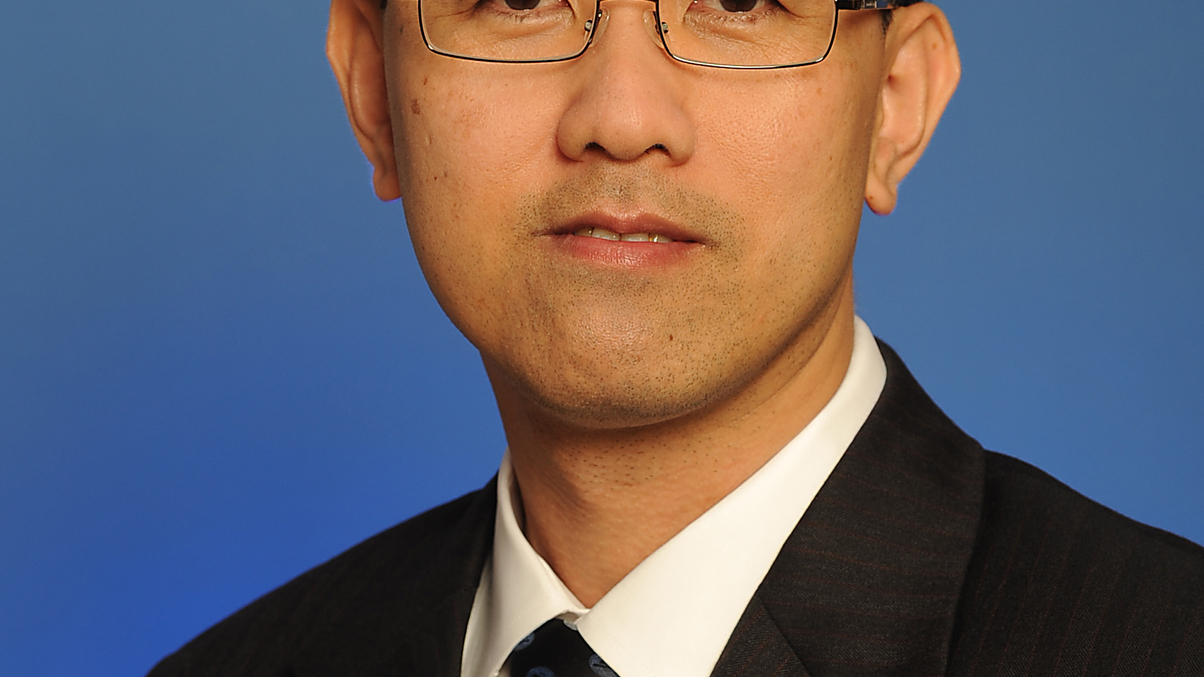Fullerton shuts global bond fund in Asia
The Temasek subsidiary says the move is a natural part of portfolio review, but the closure underlines how hard it is to raise assets for global strategies run out of Asia.

Temasek subsidiary Fullerton Fund Management moved yesterday to close its global bond fund managed out of Asia, AsianInvestor can confirm. Investors in the fund will be redeemed.
Sign in to read on!
Registered users get 2 free articles in 30 days.
Subscribers have full unlimited access to AsianInvestor
Not signed up? New users get 2 free articles per month, plus a 7-day unlimited free trial.
¬ Haymarket Media Limited. All rights reserved.


